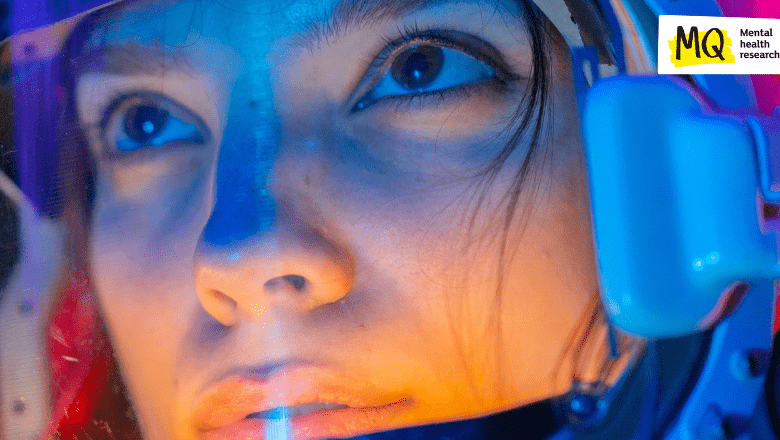This International Women’s Day we’re highlighting research breakthroughs led by women. We’ve chosen just 5 of the vast array of amazing moments in research women have made and are continuing to make currently. To find out more about research programmes including more incredible women, explore our projects now.
Sarah Gilbert and her team developing the AstraZeneca covid vaccine
The last few years our world was thrown into disarray by Covid-19 and the vaccines which came to the fore to tackle the virus had been developed by some incredible people. The Oxford/AstraZeneca vaccine was vital for fighting the pandemic in the UK and many low-income countries. The speed of this particular vaccine’s manufacture was made possible thanks to the technology it was based upon having been in development for years before 2020. A team of scientists at the University of Oxford led by Sarah Gilbert included more incredible women including Teresa Lambe, who helped design the vaccine’s genetic code, and Catherine Green, who helped manufacture the first batches.
Ethel Nakimuli-Mpungu and her treatment of people with depression and HIV in sub-Saharan Africa
MQ researcher Ethel Nakimuli-Mpungu, one of MQ’s very first Fellows, developed a new way of providing treatment to hard-to-reach communities in Uganda dealing with untreated depression and HIV.
Ethel and her team developed a culturally sensitive group psychotherapy programme that can be run by lay health workers from local clinics, reducing the need for specialist resources.
The programme, called SEEK-GSP - Social, Emotional and Economic empowerment Knowledge through Group Support Psychotherapy- has a strong focus on helping people to build supportive relationships, develops coping skills and learn new income generating skills to help break cycles of poverty. Read more about Ethel and her research here.
Jennifer Wild and her development of PTSD treatment for healthcare staff
From 2017 to 2020, MQ funded a study by Dr Jennifer Wild from Oxford University, trialling a new intervention Called SHAPE Recovery, to help prevent PTSD from taking hold in healthcare workers. The results of this study were highly encouraging, with a recovery rate of about 90% and those taking part recovering within six weeks of the coaching. This work is helping revolutionise the mental health of healthcare workers which, during the pandemic, was pushed to its limit. In January 2021, research by Kings College London found that many intensive care workers were experiencing severe symptoms of anxiety, depression and post traumatic stress disorder after the first wave of COVID-19.
Even before the pandemic, people working in the emergency services and healthcare fields were three times more likely to have PTSD or depression symptoms than the general population. Read more about Jennifer Wild and her work here.
Dr Susan Love and her Breast Cancer Prevention Research
Having experienced Leukemia herself, Dr Susan Love knows the challenges cancer poses. Before her diagnosis, she had spent her career specialising in breast cancer research, establishing the Dr Susan Love Foundation for Breast Cancer Research. Dr Love has also addressed controversial subjects in her criticism of the American medical establishment’s treatment of women, her outspoken beliefs that breast cancer surgery needs to preserve as much breast tissue as possible and her efforts to expand rights of same sex couples as parents. Read more about her work here.
Gertrude B. Elion and her Nobel Prize winning revolutionary drug treatments
Born in 1918, US Gertrude Elion watched her grandfather pass away due to cancer and from that day forward spent her life devoted to medical research. During World War 2, Elion worked at a laboratory and then with Wellcome Trust’s research laboratory and went on to win the Nobel Prize in 1988 for discoveries in drug treatment. Elion, together with George Hitchings, developed a systematic method for producing drugs based on biochemistry and diseases such as drugs now used to treat leukemia, drugs to fight malaria, infections and gout as well as helping with organ transplantation. Elion’s research was a revolutionary moment in the development of medical treatment.



